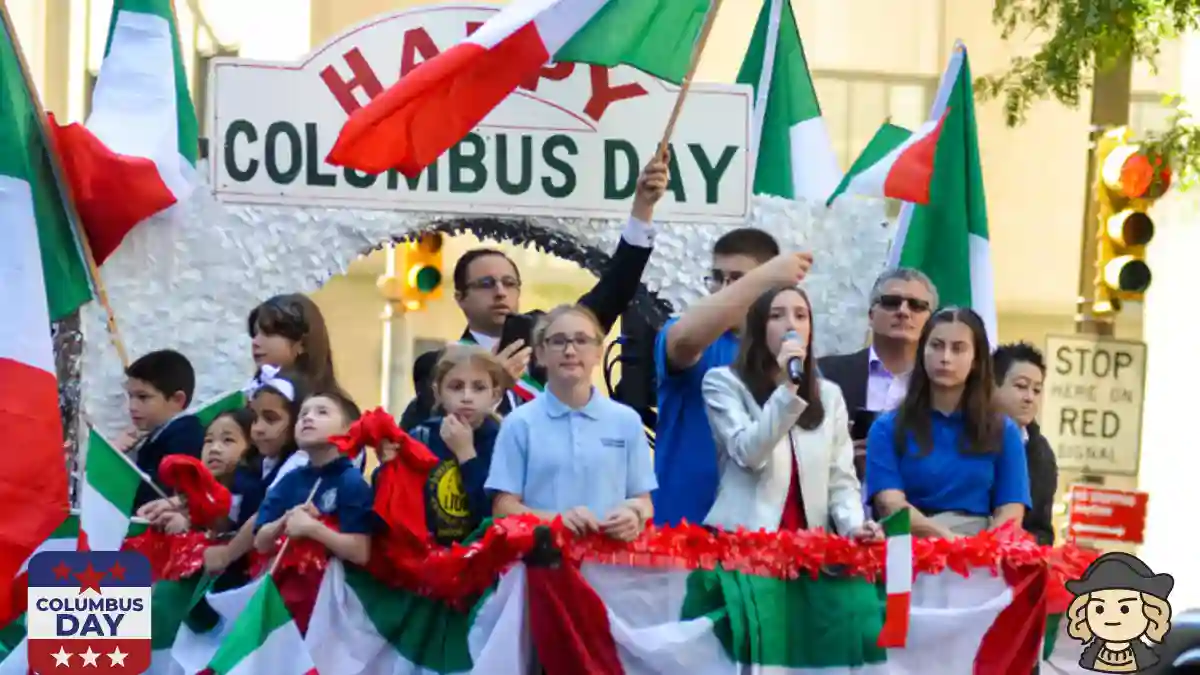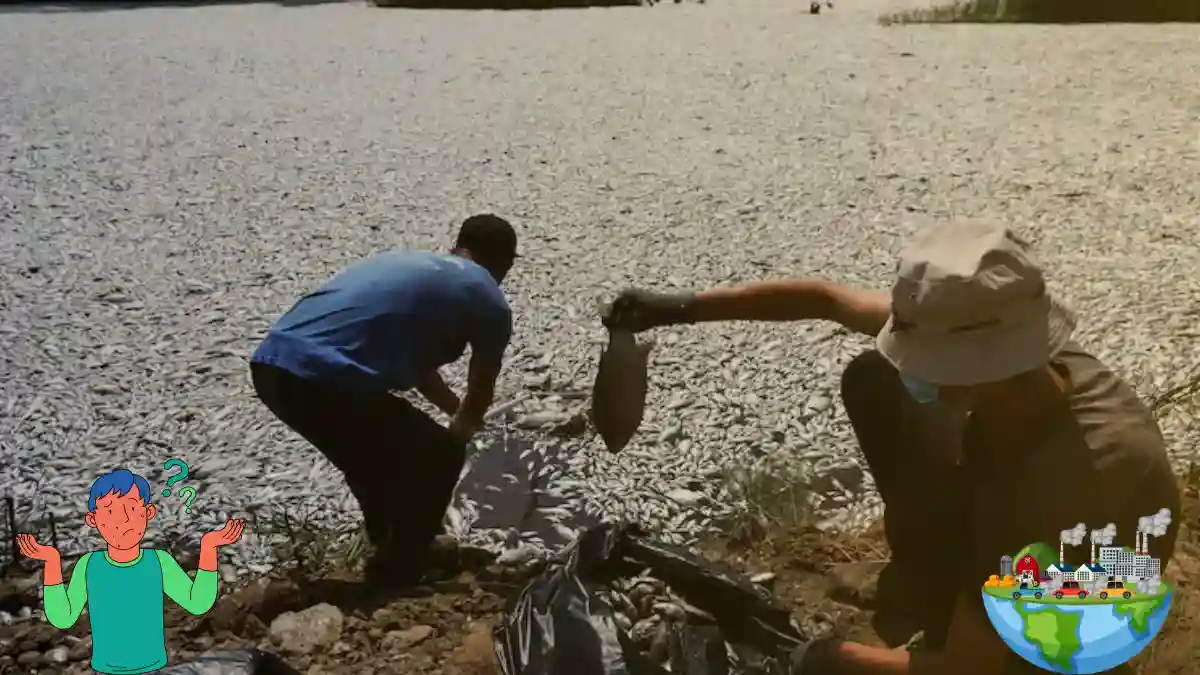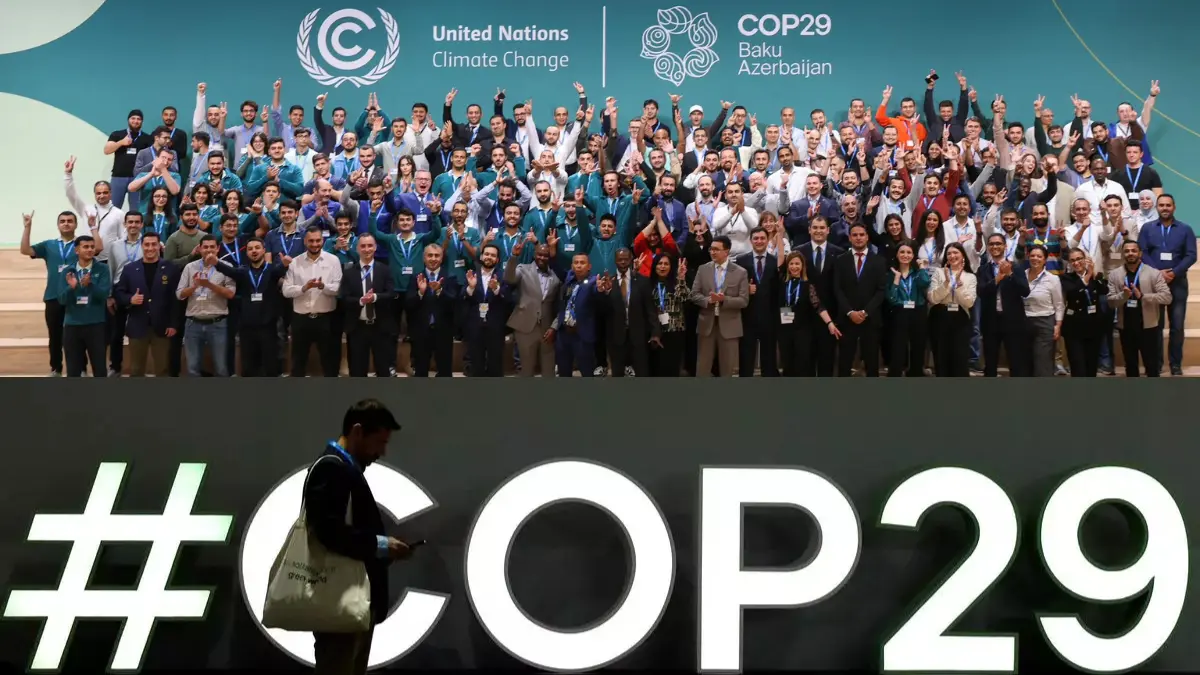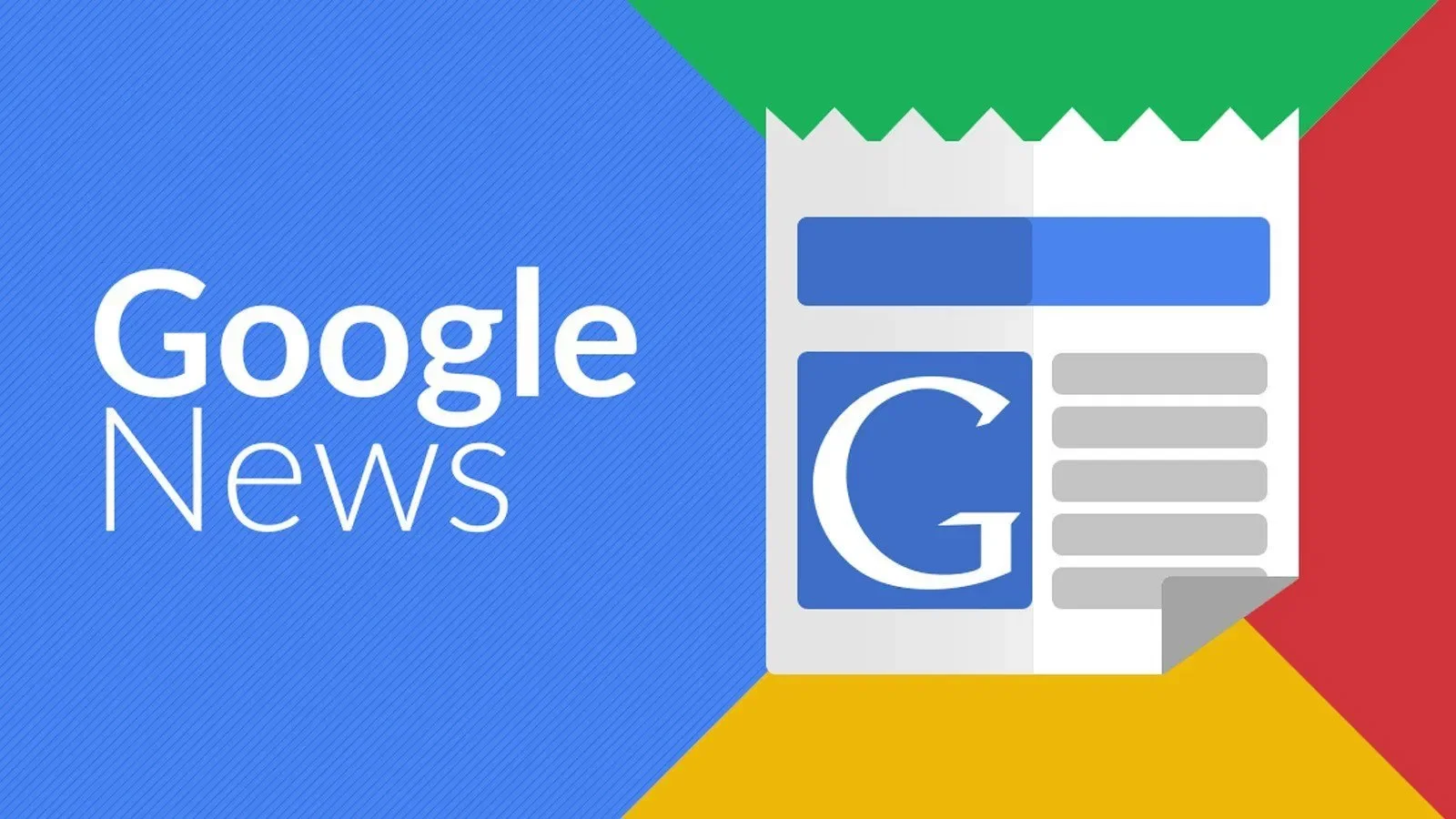
Today, October 14, 2024, communities across the United States are marking Columbus Day with various celebrations and events. While some people honor Christopher Columbus for his role in history, others are using this day to discuss the impact of his voyages on Indigenous communities. These contrasting views continue to shape how this day is observed. So, how are people celebrating, and why does Columbus Day still spark discussions? Let’s dive in to explore.
Celebrations Across the Nation
Many towns and cities are celebrating Columbus Day with parades, public ceremonies, and educational events. Schools, local organizations, and communities host activities to teach about Columbus’s 1492 voyage and its role in European exploration. Some areas have street parades featuring floats, music, and historical costumes to recreate parts of Columbus’s journey.
In cities like New York, San Francisco, and Chicago, these celebrations are a long-standing tradition. Families gather to watch parades, while some organizations hold public readings or lectures. For many Italian-American communities, this day is also a way to celebrate their heritage and cultural pride, as Columbus is viewed as a symbol of their contributions to American society.
A Day of Reflection for Others
However, not everyone views Columbus Day as a celebration. Some people use this day to reflect on the impact Columbus’s arrival had on Indigenous people. For Native American communities, the arrival of Columbus marks the beginning of colonization, loss of land, and centuries of struggle.
In recent years, many states and cities have shifted from Columbus Day to Indigenous Peoples’ Day. This change aims to recognize and honor Native American history and culture instead of focusing only on Columbus’s legacy. Cities like Los Angeles, Denver, and Seattle now officially observe Indigenous Peoples’ Day instead of, or alongside, Columbus Day.
Ongoing Debate: A Complex Legacy
The celebration of Columbus Day continues to spark debates across the country. Supporters argue that Columbus’s journey changed world history and paved the way for modern exploration. They see the day as a tribute to human curiosity and achievement.
On the other hand, critics highlight the darker side of Columbus’s arrival, pointing out how it led to the suffering and exploitation of Indigenous people. They believe that shifting the focus to Indigenous Peoples’ Day brings attention to voices and stories that were ignored for too long.
What’s Next?
As more cities and states choose to celebrate Indigenous Peoples’ Day, Columbus Day’s future might continue to evolve. For now, both celebrations reflect different parts of American history—some honoring European exploration, while others acknowledge Indigenous culture and survival.
This ongoing discussion shows that history is not just about the past but also about how we understand it today. Whether people are celebrating Columbus Day or Indigenous Peoples’ Day, these observances spark important conversations about identity, history, and respect.
It will be interesting to see how communities across the nation continue to observe and redefine this day in the coming years.








